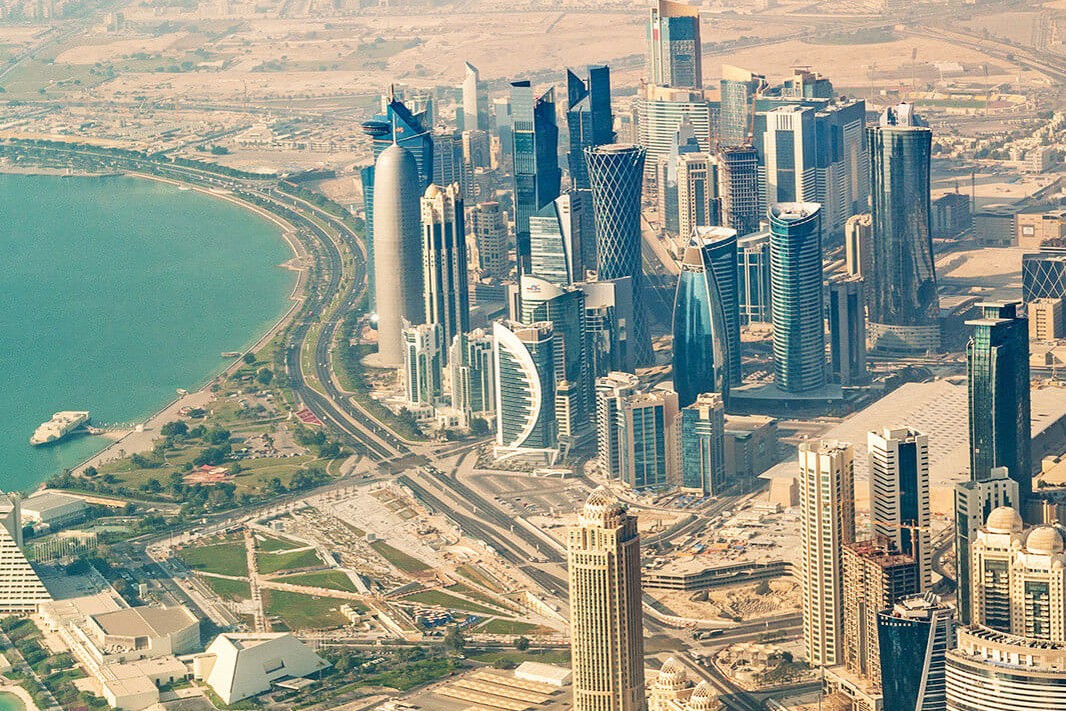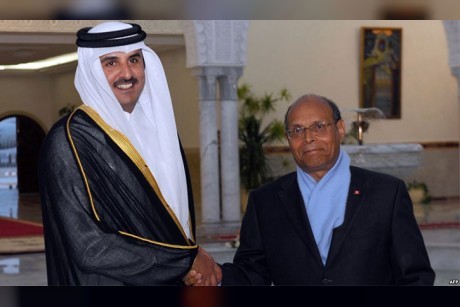In his article on the Washington Times, the Vice President of Security Studies Group, David Reaboi, said that Qatar has adopted terrorist policies to compensate for its small size, stressing that for a half-century, Qatar has been a tiny, desert oasis for the Muslim Brotherhood and many of the world’s most virulent Islamists.
Since then, Qatar has been the Brotherhood’s most hospitable base of operations. In time, Brotherhood Islamism would soon emerge as Qatar’s de-facto state ideology, as the ruling Al Thani family welcomed the Islamists with lavish funding, the highest state honors and the establishment of new Islamist institutions that would seek to indoctrinate thousands.
Since Qatar’s most prominent export — the state-owned television network Al Jazeera — was founded in 1996, the Brotherhood has played a crucial role in programming and setting the editorial line, providing the network’s strong ideologically Islamist backing.
For years, the network’s most popular Arabic program was “Sharia and Life,” starring virulently anti-Semitic cleric Yusuf Al-Qaradawi, the Brotherhood’s most prominent jurist. Even as it claims to be a legitimate, journalistic enterprise, Al Jazeera is an instrument of power projection for the Qatari regime. Its mission has always been to support Qatar and the Brotherhood while attacking its enemies in the United States, Israel, Saudi Arabia and the United Arab Emirates.
“The fact that there is anti-Semitic material in Al Jazeera is significant; that that it has a daily diet of anti-American material is significant,” as Middle East Broadcasting Network’s Alberto Fernandez put it during a Washington conference on Qatar’s influence operations last week, “But the greatest problem with Al Jazeera is how, for a generation, it has mainstreamed and normalized an Islamist grievance narrative, which has served as sort of the mother’s milk for all sorts of Islamist movements.”
After the Brotherhood’s regional re-emergence in the Arab Spring — with Qatar’s explicit backing — the nation’s promotion of the Islamist group became a pressing issue for neighboring Saudi Arabia and the United Arab Emirates to contend with. For these U.S.-allied Gulf countries, Qatar’s sponsorship of the Brotherhood wasn’t merely incubating violent terrorism in the Americas and Europe; it was instigating revolution inside their countries as well.



